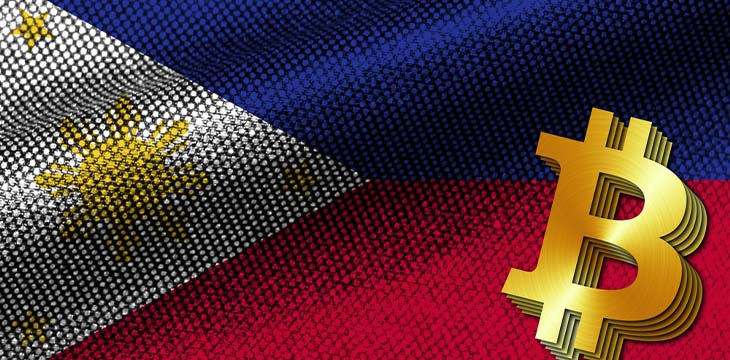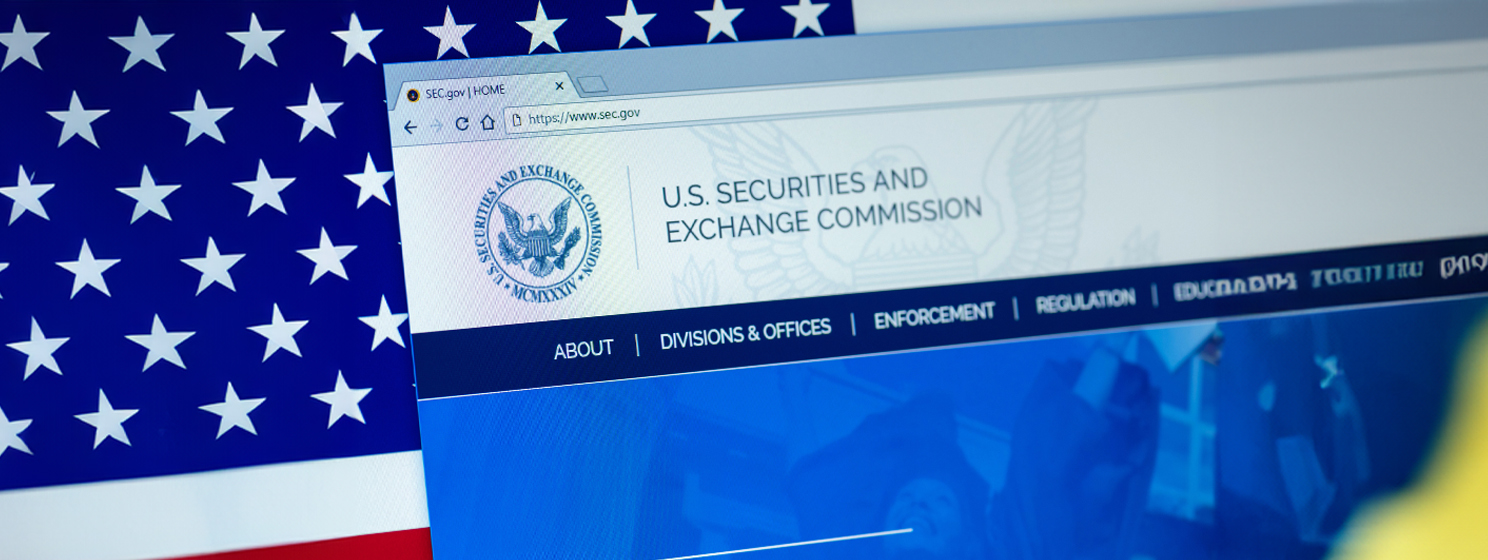
|
Getting your Trinity Audio player ready... |
The Philippines’ Securities and Exchange Commission (SEC), in partnership with the Department of Finance (DOF) and the Asian Development Bank (ADB), recently spearheaded a Joint Knowledge Sharing Event (JKSE) aimed at introducing digitally tracked green bonds (DTGBs) to a diverse audience of potential issuers, investors, and policymakers.
This collaborative effort underscores a pivotal moment in the convergence of finance, technology, and environmental stewardship.
Introducing Digitally Tracked Green Bonds
In a press release, the SEC said that the JKSE served as a platform for sharing insights and expertise on the integration of environmental, social, and governance (ESG) principles into bond issuance, with a focus on leveraging digital technologies to enhance transparency and efficiency. This includes the use of blockchain technology among others.
Attendees of the event included representatives from the country’s central bank, the Bangko Sentral ng Pilipinas (BSP), Maharlika Investment Company, publicly listed companies, and asset managers.
Insights into the future of sustainable finance
Asif Cheema of ADB opened the event and set the stage for a day of engaging discussions, while DOF Undersecretary Alu Dorotan Tiuseco welcomed participants, highlighting the importance of sustainable finance in the Philippines.
Throughout the event, presentations and discussions were expertly moderated by Junkyu Lee of ADB, providing attendees with insights into the operational intricacies of DTGBs.
Understanding the infrastructure of DTGBs
Toshihiro Akema of the Japan Exchange Group, Inc. (JPXI) (NASDAQ: OSCUF), delivered a comprehensive overview of DTGBs, shedding light on the current landscape of the green bond market, existing challenges, and the transformative potential of DTGBs.
Meanwhile, Masayuki Oyamatsu of Hitachi (NASDAQ: HTHIY) delved into the technological underpinnings of DTGBs, emphasizing Hitachi’s sustainable finance platform and its application of blockchain technology to ensure the integrity of green bond metrics.
Commitment to sustainability: SEC Commissioner emphasizes market transparency
In his closing remarks, SEC Commissioner McJill Bryant Fernandez reaffirmed the regulatory body’s dedication to fostering a sustainable capital market in the Philippines.
Fernandez emphasized the crucial role of data transparency and standardization in meeting investor demands, highlighting the role of digital technology in facilitating access to credible information for both issuers and investors.
“By leveraging advancements in digital technology, markets can service this need, providing both issuers and investors with tools to report and access credible information with ease,” Fernandez said.
The promise of DTGBs: Leveraging blockchain and IoT for environmental impact
The SEC said the JKSE provided participants with a shared understanding of DTGBs and their potential to revolutionize sustainable finance through the integration of blockchain and Internet of Things (IoT) technologies. By ensuring greater transparency and efficiency in tracking and reporting green bond metrics, DTGBs have the power to enhance the integrity of sustainable finance, providing clear, traceable insights into the environmental impact of funded projects.
As the financial landscape continues to evolve, the collaboration between regulatory bodies, financial institutions, and technology innovators will be paramount in driving forward the adoption of DTGBs and advancing the global transition toward a more sustainable future.
Watch: The Philippines is prime for investments—here’s why

 11-21-2024
11-21-2024


